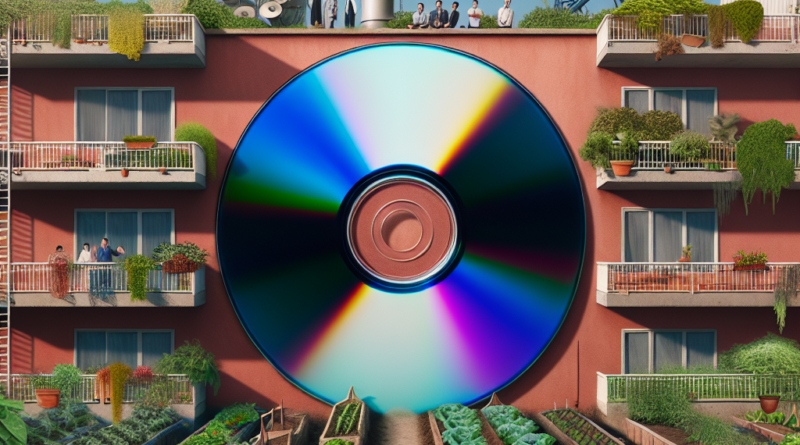The Impact of CDs on Urban Farming: A Surprising Revelation in Economics and Politics
Using CDs to Deter Birds
CDs are often seen hanging in gardens, balconies, and orchards, but what are they used for? It is a simple and sustainable practice to protect crops from predators.
The Problem with Birds
Birds are well-known predators of plants and flowers.
Anyone with a pot on a small windowsill or a tomato field knows this well.
Birds tend to peck at the fruit and even pull out seeds from the soil to eat them.
How CDs Help
To prevent this, various methods have been found over time, including scarecrows and shiny objects, but also the simplest CDs.
They are a real recycled item since listening to music with a stereo is no longer as common.
Effectiveness of Using CDs
One of the main problems in gardens, even on balconies, is the presence of birds that damage the flowering plants and fruits.
The idea of using CDs to keep birds away is simple yet effective.
Birds, attracted by shiny objects, tend to avoid areas where CDs are hung.
The reflective light produced by CDs when moved by the wind has a frightening effect on birds.
Where to Use CDs
CDs can be used on balconies, in gardens, and in orchards to deter predators such as birds.
They are particularly useful for protecting ornamental plants, flower beds, and fruit trees from bird damage.
CDs on Balconies
Hanging CDs on balconies, windows, or trees is a common practice to keep unwanted birds, like pigeons, away.
This sustainable choice transforms unwanted CDs into useful tools and does not harm animals like traps or poisons.
CDs in Gardens
Using CDs in gardens is beneficial for safeguarding ornamental plants and flower beds.
By hanging CDs strategically, it creates a less appealing environment for birds, deterring them from the area.
CDs in Orchards
In orchards, CDs are utilized to protect fruits from birds that may damage crops.
By hanging CDs on fruit trees, it helps to prevent birds from approaching and eating the sweet fruits, thus preserving the harvest.




